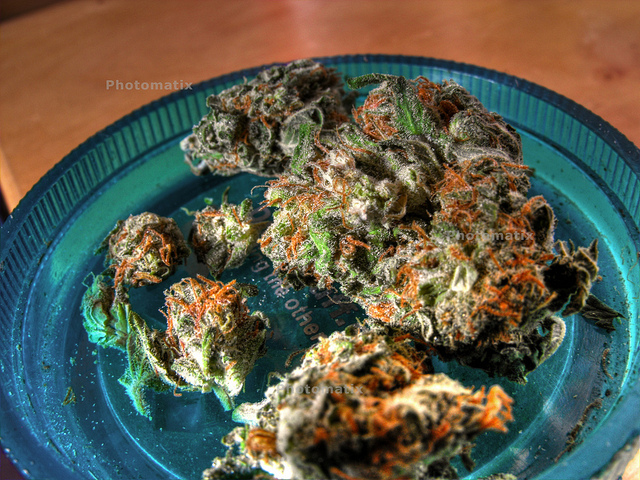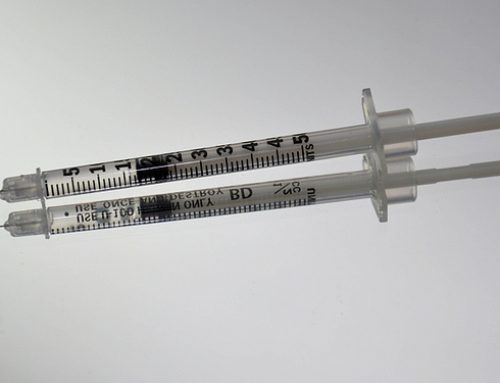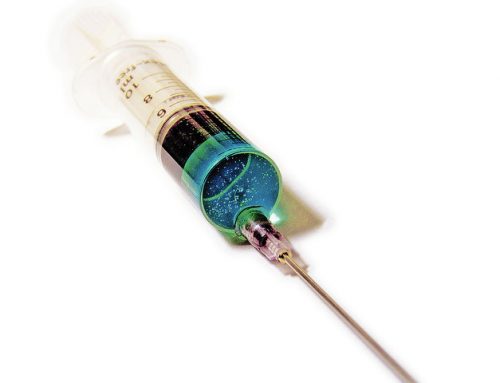After a month-long investigation, DOJ investigators executed a search warrant at a home on Sadeland Drive in Newhall, CA. Once inside, investigators discovered a large hash oil lab on the premises. At the lab, investigators found about a thousand cans of butane – a chemical used in the manufacture of hash oil – and a “large amount” of finished product. A suspect who is described only as being a male between the ages of 35 and 45-years-old was arrested during the bust.
The manufacture of drugs and narcotics is covered under California Health and Safety Code 11379.6 HS, which expressly prohibits the manufacture of any drugs, narcotics or other controlled substances. Additionally, it makes it illegal to engage in the manufacture of any of the aforementioned substances, or even to offer to help do so.
In order to be charged with violating 11379.6 HS, one does not necessarily have to participate in the full process of manufacturing a controlled substance, drug or narcotic. For example, if one step in the process of converting marijuana to hash oil was completed at one location, then the product was moved to another location where the process was continued to completion, both parties could be charged with violating 11379.6 HS. What matters isn’t that the process was completed, but that the individual knew that they were participating in the manufacture of a drug.
The above being said, in order to be charged with violating 11379.6 HS, one must have actually taken direct action in furthering the manufacture of a drug, narcotic or controlled substance. For example, suppose an individual wants to make some hash oil. He goes out and purchases all of the items necessary to do so, but never actually begins the process. This person would not be guilty of this particular crime because he didn’t actually begin the manufacturing process.
Violations of 11379.6 HS are usually felonies which can result in a California state prison sentence of up to 7-years and a fine of up to $50,000. The judge has significant leeway in the sentencing, though, and can instead sentence a defendant to 1-year in county jail and/or probation.





